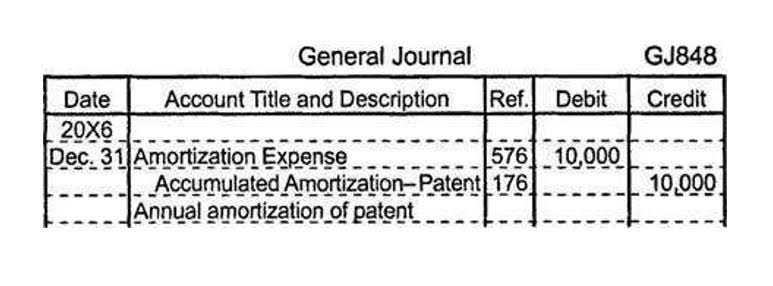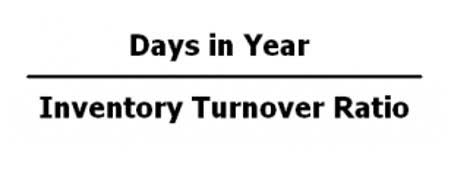
To learn how to optimize AI accounting in finance automation applications, read the eBook. In the accounting profession, AI can also be used by auditors at public accounting firms and by corporate internal auditors to help prepare reports. When you define AI accounting, you may be thinking about using ChatGPT in accounting or ChatGPT in finance.

Blue Dot best features
Edginton envisioned a future where AI tools would enable new business models and improve existing processes. The development of multimodal AI, capable of interpreting and responding to various inputs such as text, audio, and video, will revolutionise client interactions, making processes smoother and more efficient. AI and automation are accelerating changes in the accounting profession by being a half-step in preventing professionals from performing routine work and allowing them to work more on strategic tasks. This manages such an efficiency of data processing and interpreting to achieve more intelligent financial operations or https://www.bookstime.com/articles/paperless-invoicing decision-making.
Financial Forecasting and Predictive Analytics

Farnell recalled, “Suddenly everyone’s worried about losing their jobs, thinking the world’s going to change overnight”. This shift sparked widespread concerns about job security and the potential for AI to fundamentally alter the landscape of work. CPA.com brings innovative solutions to the accounting profession, either in partnership with leading providers or directly through its own development.
The Transformative Power of AI and Machine Learning
One of these tasks is bookkeeping as it can be redundant and time-consuming to execute manually, and outsourcing assets = liabilities + equity can be costly and hurt your budget. Here is where AI bookkeeping tools are extremely useful and life-saving. By interpreting complex data, they offer strategic recommendations to business leaders.
- When you define AI accounting, you may be thinking about using ChatGPT in accounting or ChatGPT in finance.
- The development of multimodal AI, capable of interpreting and responding to various inputs such as text, audio, and video, will revolutionise client interactions, making processes smoother and more efficient.
- A growing firm may need scalable software with more advanced features.
- As AI evolves, its role in audits will continue to expand, improving quality and efficiency.
- Use Zeni to automate the time-consuming daily expense tracking and bookkeeping procedures.
- AI integration into the financial platforms, combined with improved forecasting and compliance, is yet another thing to expect in the future.
This foresight is crucial in today’s dynamic business environment. NLP extracts key data points like amounts, dates, and payees from invoices. AI also integrates seamlessly with other business systems, like CRM and ERP tools. This creates a cohesive environment where data flows effortlessly. AI cannot replace human creativity, adaptability, or contextual understanding in accounting. Tasks requiring judgment like analyzing suspicious transactions, communicating financial impacts, or making decisions on complex accounting issues still need human expertise.
- For small businesses, adopting AI means a significant competitive advantage.
- Implementing AI in accounting requires careful planning, especially around data management and security.
- Manage accounts, create shareable reports, and let ClickUp Brain act as your digital personal assistant so you can focus on the larger strategy.
- This predictive capability can be crucial for business planning and growth.
- Small businesses experience improved efficiency and accuracy as a result.
- The discussion also touched on the slow adoption rates of AI and cloud accounting tools.
- Rather than spending a lot of time wrangling with ChatGPT chatbots or data science models in Python or R language on your own, consider using modern software that embeds AI technology.
Another trend to watch is the integration of AI with other business ai and bookkeeping systems. These custom solutions empower businesses to manage their finances effectively while staying competitive in their respective markets. AI’s versatility and adaptability are invaluable assets in today’s fast-paced business environment.

Implementing AI in accounting requires a structured approach, aligning technology with business objectives. Below are the key steps to ensure a successful AI integration into accounting processes. By leveraging AI, accounting processes become more efficient, scalable, and accurate, positioning businesses to succeed in a data-driven environment. Business support function improvement can be achieved by using AI accounting software with automation. AI applications include machine learning in accounting and other types of AI technology. AI in finance detects AP invoice processing errors, automatically codes to GL accounts, and helps your business analyze spend.
No comment yet, add your voice below!